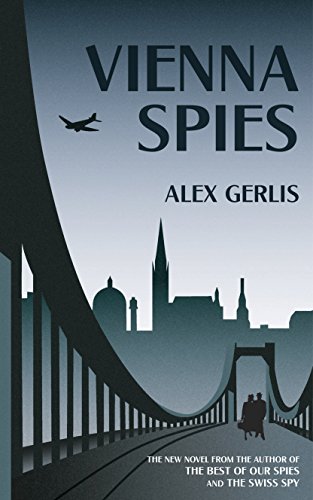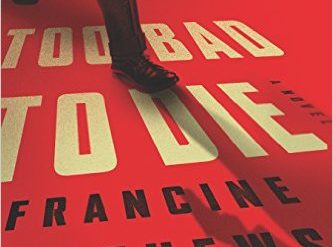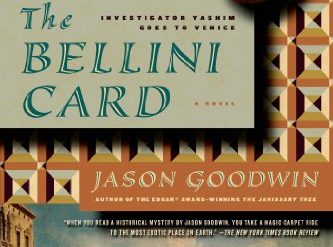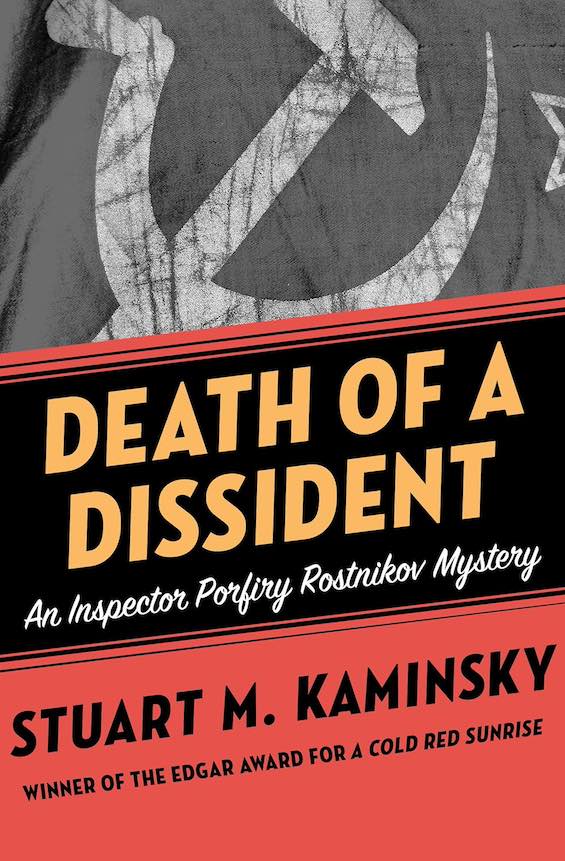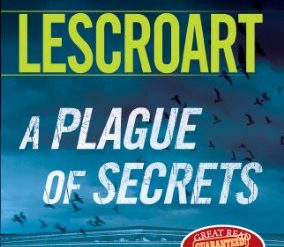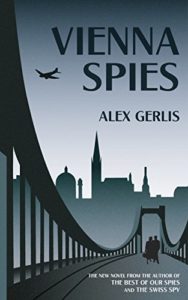
In The Secret War, his illuminating revisionist history of secret intelligence in World War II, the British journalist Max Hastings questions the value of what has come to be called “humint,” the product of spies working undercover. In Hastings’ view, spies had little effect on the outcome of the war. “Intelligence gathering is inherently wasteful,” Hastings writes. “Perhaps one-thousandth of 1 percent of material garnered from secret sources by all the belligerents in World War II contributed to changing battlefield outcomes.” Even code-breaking, including the deciphering of high-level Nazi and Japanese codes, played a relatively small role in the Allies’ victory, though one that was much greater than that of undercover operatives.
Even if Hastings doesn’t overstate his case—some argue he does—the romance of espionage has captured the public imagination. The exploits of spies have encouraged the growth of a veritable cottage industry in espionage fiction ever since the end of the Second World War. Graham Greene, John le Carré, Ian Fleming, Len Deighton, Alan Furst, Eric Ambler, and scores of others have generated thousands of stories about spies. Some, like most of Fleming’s, are fanciful and often laughable, pitting a superhero against supervillains, none of them bearing the slightest resemblance to real people. Others convey an impression of the true experience of undercover work, as many former intelligence agents have attested.
Alex Gerlis, a BBC researcher, has written three spy novels in recent years: The Best of Our Spies (2012), The Swiss Spy (2015), and Vienna Spies (2017). In his most recent book, Gerlis explores the contending forces of British intelligence, the NKVD, and the Gestapo in the closing years of World War II in Vienna.
Vienna Spies (Spies #3) by Alex Gerlis (2017) 474 pages ★★★★☆
One of Moscow’s top spies
Gerlis’ tale revolves six principal characters. Rolf Eder, who is Viennese, and Katharina Hoch, a German, are matched by British intelligence for a sensitive mission in Vienna, masquerading as a married couple. To assist them, they are to locate and meet with Sister Ursula, an Austrian nun who has been helping the British since the war started. Viktor Krasotkin, one of Moscow’s top spies, is dispatched to Vienna, in part to undermine their mission. His handler is Ilia Brodsky, a senior Soviet official who has “the ear of Stalin.” Above all, the spies from both nations must elude capture by the sadistic Kriminaldirektor Karl Strobel, the Gestapo’s top investigator of Communists and resistance fighters.
The British spies’ mission is two-fold: to find and eliminate Viktor and to rescue Austria’s most prominent anti-Nazi politician, Hubert Leitner, who has been hiding in the city for seven years. Meanwhile, Rolf has a private mission of his own: to learn the fate of the fiancee he left behind in Vienna when forced to flee to Switzerland several years earlier. And Viktor hopes to reunite with his lover, who is now married to a Nazi army officer. All these conflicting aims play out over the course of two years in Vienna, “a city that rivaled and possibly outdid Munich in its enthusiasm for the Nazis.”
The mood in wartime Vienna
Gerlis successfully captures the mood of wartime Vienna, with his detailed descriptions of life on the streets and the ever-present pall cast over the city by the Nazi occupation. On the surface, the leading characters might appear to be cartoonish. But Gerlis succeeds admirably in making them believable, with the possible exception of Karl Strobel (although other Gestapo officers appear more lifelike). In action that shifts rapidly from London to Zurich to Vienna to Moscow and back, the plot moves forward at a rapid clip. Vienna Spies is a satisfying read. My only complaint is that no one seems to have proofread the book. It’s full of missing prepositions, transposed words, and other glaringly obvious errors.
For related reading
I’ve reviewed all the Alex Gerlis spy novels published to date at Top-notch spy novels from Alex Gerlis.
My posts 5 top nonfiction books about World War IIand The 10 best novels about World War II may interest you.
You might also enjoy my posts:
- The 15 best espionage novels
- Good nonfiction books about espionage
- The best spy novelists writing today
- Top 10 mystery and thriller series
If you enjoy reading history in fictional form, check out 20 most enlightening historical novels. And if you’re looking for exciting historical novels, check out Top 10 historical mysteries and thrillers.
And you can always find my most popular reviews, and the most recent ones, on the Home Page.

